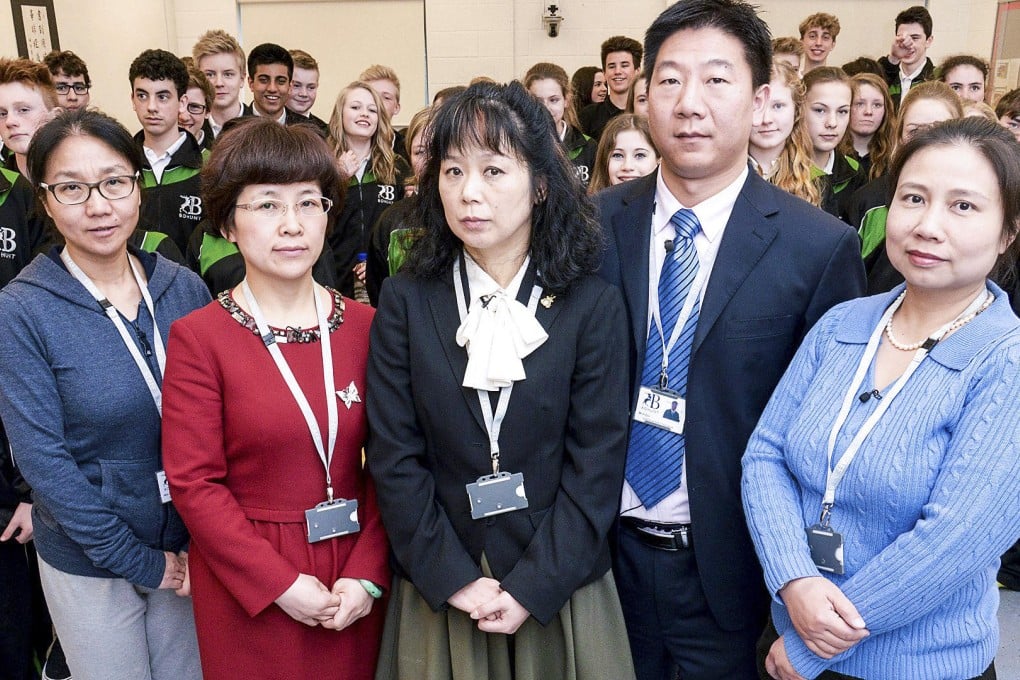Why academics say Chinese methods won't pay off in Western schools
Chinese vs. British education was the billing for a BBC TV documentary about Chinese teachers in a secondary school in England. But academics doubt the performance of children in China can be replicated as it is reinforced by societal expectations and discipline

The BBC billed it as a battle between Chinese and British styles of education, and after a month of long study hours and the rapid-fire delivery of maths and science, the British pupils in the "Chinese School" won.
At least, that was the conclusion of the school-based reality show , which has captured the imagination of chat forums across China for demonstrating Chinese superiority and the ill-discipline of lippy British teenagers and their ambivalent attitudes towards hard work.
Five teachers from China (some already teaching in Britain) were invited to deploy a harsh Chinese regime on a class of 50 students in Bohunt School in Hampshire.
The show culminated in a contest to reveal which approach was better, based on exams sat by the "Chinese School" and the rest of Year Nine, and the conclusion that more of the Chinese approach was needed in Britain. The exams were overseen by an academic at the University College London Institute of Education. Behind this programme is a battleground. This is not between Chinese and British education, but what can and can't be learned from the Organisation for Economic Cooperation and Development's (OECD) Programme of International Student Assessments (Pisa) and the wisdom of trying to plant features of one model of schooling into a completely different context.
The programme was inspired by Pisa results that suggest students in Shanghai are, on average, three years ahead of their British peers in mathematics. It swallowed the British government and OECD line that such tests are a valid indicator of the health of an educational system; that they test what is important in education for individual students and the wider society (in terms of the skills needed to compete in the global economy); and that practices in Shanghai and other such Pisa leaders can be replicated elsewhere. At best, the outcomes demonstrated that pupils who studied twice as long and focused on preparing for an exam did better in that exam.
These conclusions have resulted in not only this TV "experiment", but also a new British policy to import curriculums, textbooks and even teachers from Shanghai, Singapore and Hong Kong.
